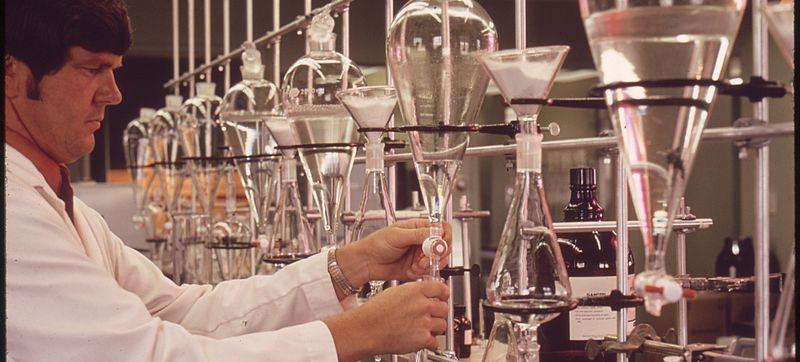A quick Internet search reveals a plethora of DNA testing firms, each offering a wide range of services that vary in price. However, some laboratories are more reputable than others, so it’s important to do some research before booking.
We’re often contacted by clients who have received inconclusive results from other providers, and we’re then called upon to carry out a definitive test. As such, we know all the warning signs, so make sure you ask the following questions before choosing your preferred company.
1. Are they accredited and certified for UK courts?
In order to be deemed technically competent, testing laboratories must adhere to regulations set by the International Organization for Standardization. ISO/IEC 17025 and ISO: 9001: 2008 are the accreditations that all respectable labs must hold, proving that they have the quality management systems in place to provide consistently accurate results.
If you come across a company that doesn’t hold these certificates, they’re best avoided as the UK court system won’t take their findings seriously.
2. How many genetic markers do they test?
Genetic markers are the sequences which scientists examine when conducting a DNA test, but the process varies from lab to lab. Many will only look at 16 markers, which was the standard 10-15 years ago. But the science has advanced to the point where it’s now possible to consider up to 68 markers for some tests.
If your proposed lab only examines the minimum 16 markers, then you could be risking inaccurate results. In fact, 1 in 5 complex DNA tests come back as inconclusive, but this needn’t be the case so make sure yours isn’t one of them. In layman’s terms, the more markers you test, the more accurate the results.
3. Is there a chain of custody process?
If your client requires DNA testing for court use, it’s imperative that sample collectors and laboratories follow strict chain of custody procedures.
Photographic ID, such as a passport or driver’s licence, must be presented to collectors, proving that the individual being tested is the correct person in question. A declaration form must then be signed by both the sample collector and the client.
Samples should then be placed in tamper-proof packaging, which the lab must thoroughly inspect for any sign of damage. Failure to follow this procedure puts DNA evidence into jeopardy.
4. Do they carry out dual testing?
To guarantee the highest accuracy, it’s essential to take at least two samples. This eliminates the risk of false results, as one can be verified against the other, ensuring the correct outcome can be ascertained.
5. Are there any hidden costs?
Be wary of any knockdown prices you come across. Many firms use clever marketing gimmicks to reel you in, stating a low price but then failing to mention this is only for part of the service, and if you want the results you have to pay considerably more.
Make sure you know the full amount before committing to any payment, and do your homework to ensure you choose the right lab; otherwise you could end up out-of-pocket with inconclusive results.
For a quote on DNA testing for your client, or for any other queries, please contact us on 0203 4243 470 or request a quote online.

